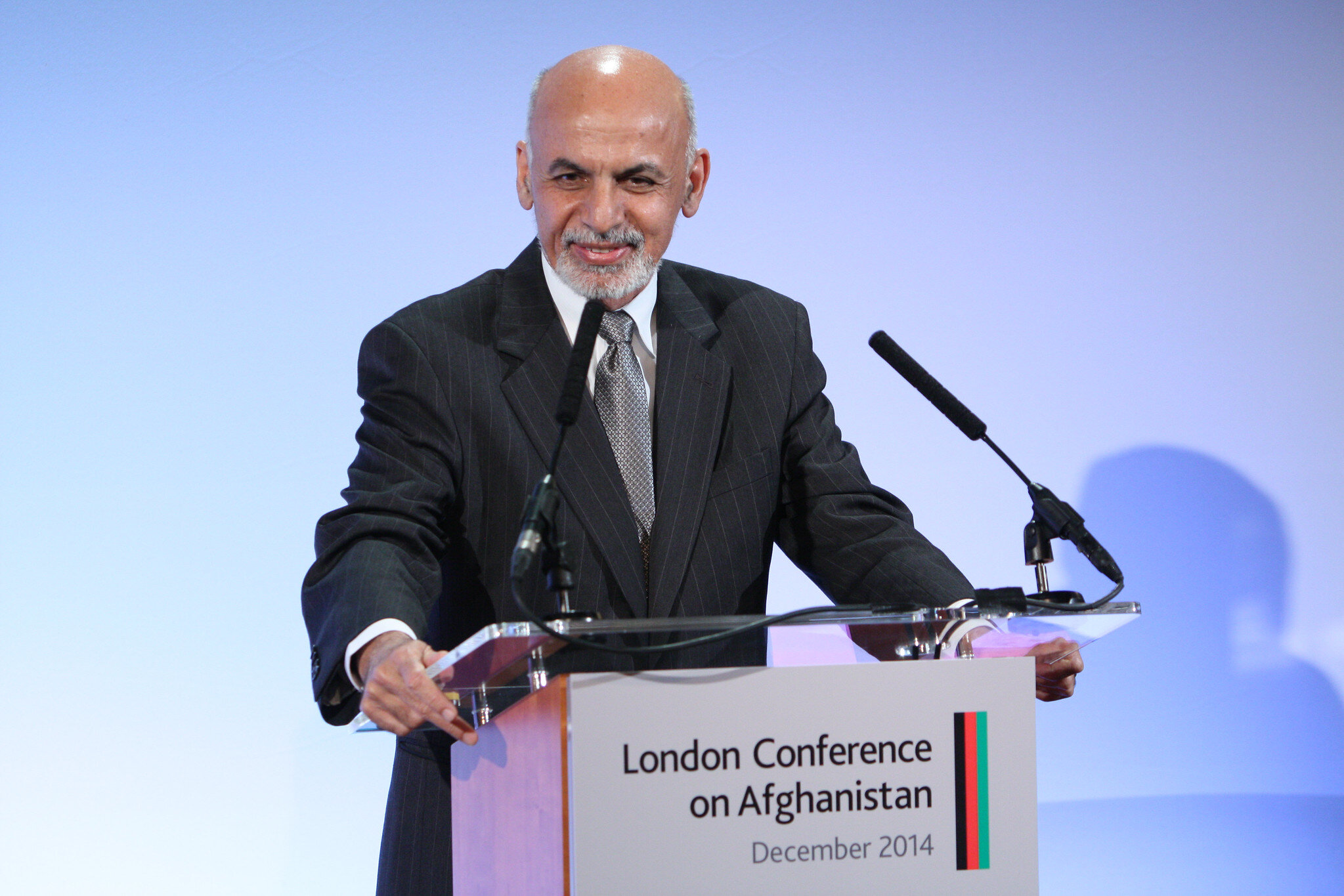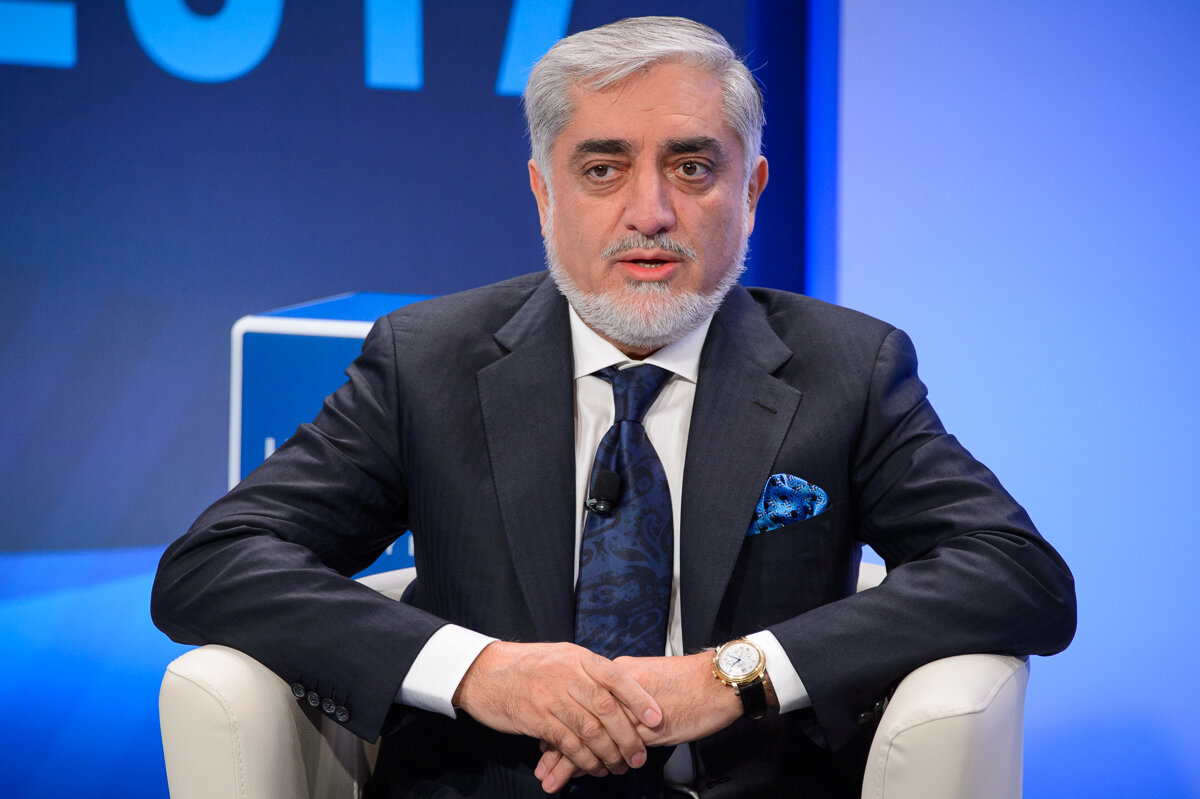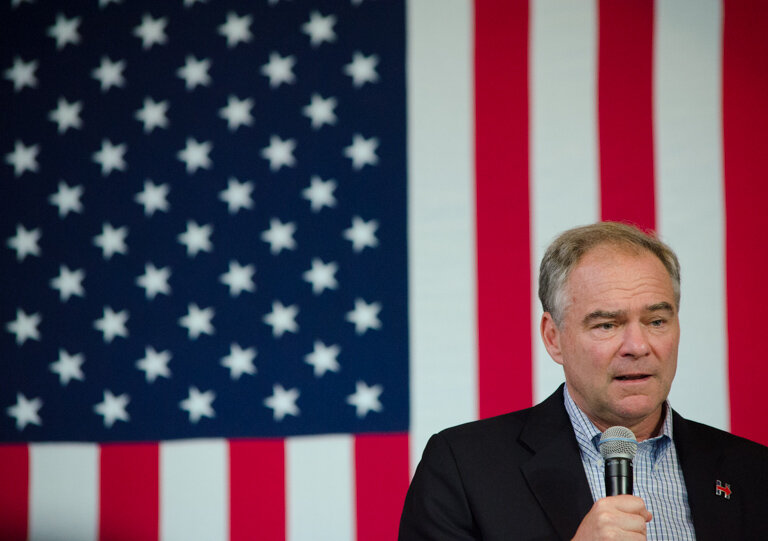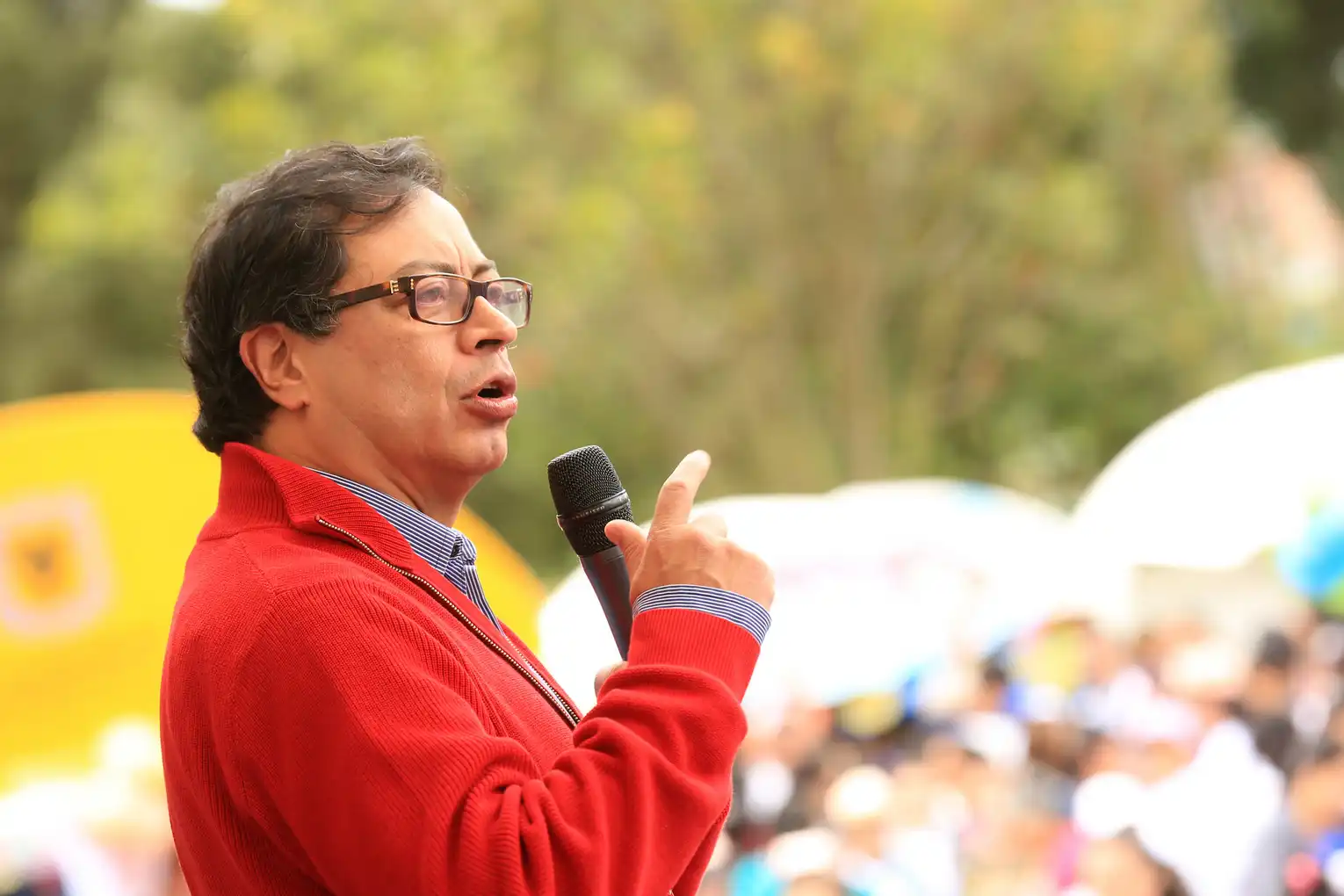KABUL, Afghanistan. May 25th, 2020. After the Taliban proposed a 3-day ceasefire to take effect over the Eid al-Fitr holiday, Afghanistan president Ashraf Ghani announced he was swiftly expediting 2,000 Taliban prisoners as a return “gesture of goodwill”.
The release is already part of the existing Taliban-Afghan-U.S. pre-peace deal signed in February in Doha, Qatar but up until Sunday was done in bits and pieces, in ways that caused the Taliban delegation in Kabul to leave in frustration.
Done “to ensure success of the peace process”, Ghani’s spokesman Sediq Sediqqi said on Twitter on Sunday, it may have been well-received by the Islamic Taliban, who have so far ceased attacks during Eid.
The drop in violence could bolster the chances of the recent power sharing agreement signed between President Ghani and his primary political rival Abdullah Abdullah last week that ended months of political unrest after the results of a hotly contested election saw Ghani triumph over Abdullah by an almost non-existent margin.
Abdullah said the he hoped the deal would bring about a “more inclusive, accountable and competent administration,” while President Ghani called it “an historic day”.
Now appointed as head of the High Council for National Reconciliation, the group that is negotiating with the Taliban, Abdullah had a large challenge ahead of him as mounting violence threatened to put a end once again to peace within Afghanistan.
PICTURED: Dr. Abdullah Abdullah, then-Chief Executive of the Government of the Islamic Republic of Afghanistan, speaks during the 2017 Halifax International Security Forum. Photo Credit: Halifax Int. Sec. Forum. CC. 2.0.
Goodwill between enemies
Both sides agreed to a prisoner exchange in Qatar, but according to Al Jazeera only 1,000 of the 5,000 Taliban prisoners promised to be released have been thusly freed, while the Taliban are likewise dallying, releasing only 300 of the 1,000 members of the Afghan Security Forces agreed in Doha.
“This process should be completed in order to remove hurdles in the way of commencement of intra-Afghan negotiations,” Suhail Shaheen, a Taliban spokesman and member of the delegation to Qatar, said on Twitter.
The United States presided over the peace deal, with their end of the bargain being a complete and total withdrawal at a date 18 months after signing.
Difficulties between Ghani and Abdullah led U.S. Sec. of State Mike Pompeo to say in April that the U.S were prepared to leave the country and take all their foreign aid with them. It was around this time that a disagreement between Taliban representatives and the Ghani administration led to a dissolving of talks and a resumption of heavy fighting, as the Taliban continued to punish any wastes of time with violence.
TOLO news writes that many Kabul residents hope the ceasefire remains long past Eid, perhaps unsurprisingly.
“All Muslims around the world are tired of war, especially the suffering people of Afghanistan,” a Kabul resident told TOLO news.
“We are in a hard situation. From one side we are plagued with the coronavirus crisis, and from the other we are faced with poverty,” said another – Zabihullah Malikzada, a Kabul resident.
Continue exploring this topic — Afghanistan Peace Seems to have Collapsed: Fighting Resumes and Pompeo Threatens to Leave the Country




